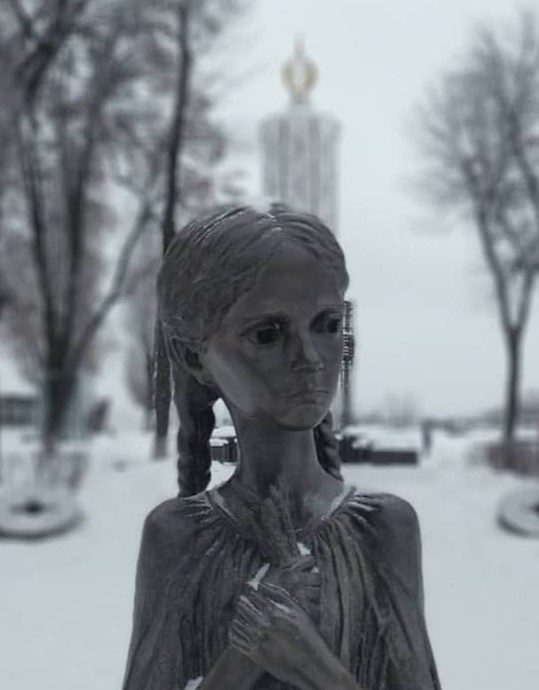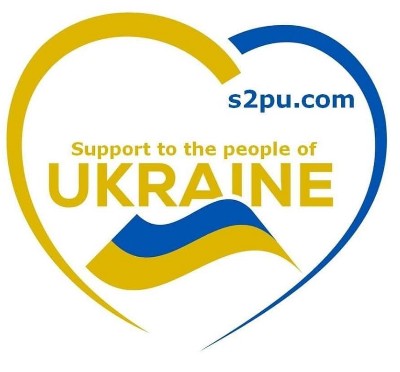Anne Applebaum (Red Famine: Stalin's War On Ukraine) :

The Holodomor was created deliberately by Stalin. There was, in 1932, the beginnings of broad Soviet famine that was caused by collectivization and the grain-requisitions policy.
By the autumn of 1932, Stalin decided to make use of this crisis, to use it in order to target Ukraine specifically. And at that time, as my book shows, there were a number of measures taken that specifically affected Ukraine: blacklisting of particular farms and towns and villages, a cordon around the border so that people were unable to leave Ukraine, special measures against Ukrainian cultural institutions and the Ukrainian language. And these were all undertaken at the same time.
I'm very happy to call it a genocide, according to the original definition of the word genocide as it was invented by Raphael Lemkin, who was the lawyer who came up with the term. I think it fits perfectly into his definition of genocide.
Anne Applebaum’s new book addresses this question. As a journalist, she is a long-time commentator on Central and Eastern Europe and, as the member and founder of various thinktanks, an actor aspiring to shape it. Therefore, unusually for a historical work on Ukraine, her monograph has received wider attention, including numerous reviews in the press.
Red Famine is a work of three parts. The first places the Ukrainian nation at the centre of the story. This is unsurprising, as Applebaum is well-known for her contention that nationalism is the source of the citizen’s civic engagement without which democracy is impossible. This carries with it the ontological assumption that nations must be, if not perennial, then at least very old, a fundamental and enduring part of what it is to be human. Accordingly, in her opening chapter on ‘The Ukrainian question’, Applebaum ignores the great body of scholarship that sees nations as modern creations, instead claiming that by the late Middle Ages Ukrainians had their own distinct language, food, customs and traditions. In the 18th and 19th centuries, the period in which most scholars see nations emerging, a sense of Ukrainian identity merely ‘sharpened’. The leitmotif of this history she finds summed up in Voltaire’s claim that ‘Ukraine has always aspired to be free’ (p. 5).


Comments powered by CComment